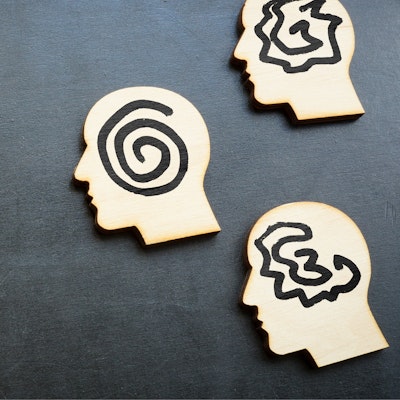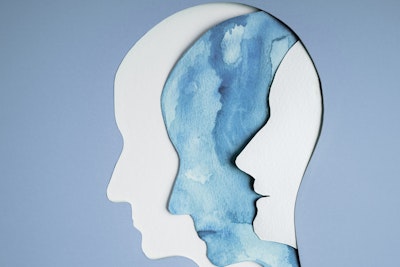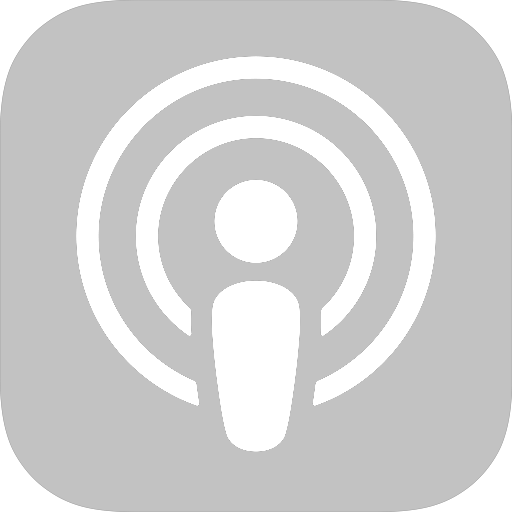
The Science of Meditation
Setup
Published studies have documented the many physical and mental health benefits of meditation, including decreased pain, better immune function, less anxiety and depression, a heightened sense of well-being, and greater happiness and emotional self-control. Google Scholar turns up almost 700,000 research documents on meditation, among them imaging studies that show increased activity in brain regions associated with attention, a higher volume of grey matter, and lessened amygdala response to emotional stimuli. What actually happens in the brain when we meditate? Why is meditation so nourishing to the mind, body and spirit?
There are three distinct types of meditation
Though there’s a lot of junk out there claiming the mantle of meditation, science has pinpointed three methods that show clear therapeutic effects. Each of these has its own effect on a different type of brain waves, and they can be complementary.
Types of Meditation
1. Focused Attention Meditation
2. Open Monitoring Meditation
3. Transcendental Meditation
Science tells us how meditation works
Big IdeaReducing anxiety, depression, increasing wellbeing, sleep, all of these things that are claimed for meditation… What is the science? How do you know these things are actually happening?Perri Peltz
Big IdeaOne of the first things that happens when they learn TM [Transcendental Meditation] is they start sleeping for the first time because this mediation gives the body a state of rest two to three times deeper than just sitting with your eyes closed and in some regards deeper than sleep. And that alone, it’s an amazing experience for me to teach a veteran who hasn’t literally slept for months and then they learn the mediation and they sleep 18 hours a night for three or four nights in a row.Bob Roth
Try it!
Learn More
Additional Information
Explore More
Health

Take a sneak peek at some of the big thinkers and innovative doers who will take the stage at Aspen Ideas: Health from June 20-23, 2024!


For years, Yale undergraduate students have lined up to take a wildly popular course called Life Worth Living. Bucking the highly competitive tone you might expect at an Ivy L...

Since 2014, Aspen Ideas: Health has welcomed over 700 inspiring women leaders to our stages to share their bold approaches to better health. In honor of Women's History Month,...

Global conflicts and health crises have put into stark relief deeply-ingrained gender roles in society. Yet the past years have also seen record-high numbers of women running...

During Aspen Ideas: Health 2023, four innovators shared how they are using new technologies to reimagine the common health devices we use to treat patients and improve their q...


After millennia of human existence, we’re still figuring out and talking constantly about one of our most fundamental behaviors – sex. Despite the sexual revolution of the 60s...


Teenagers and young adults today are dealing with challenges their parents never experienced and couldn’t have prepared for. Nobody has a map and the road to resolution can be...

The unflinching humanity and morality that Martin Luther King, Jr. embodied is part of what makes his legacy so lasting. In addition to his preeminent civil rights work, he sp...

Whether you love setting New Year’s resolutions or ignore them entirely, there’s still a certain mix of nostalgia and excitement over the ending of one year and the possibilit...


Living a happy life isn’t as simple as having a smile on your face all the time. We often think that our negative emotions should be minimized and repressed, but acknowledging...


The human capacity for empathy allows us to communicate, collaborate and understand each other. But we all know empathy isn’t always easy, and we can feel worn down by the eff...

As Aspen Ideas: Health wraps-up its 10th anniversary year, we're excited to share the ten most-watched sessions from the event. These conversations with artists, advocates, in...


When Duke divinity school professor Kate Bowler wrote her best-selling memoir, “Everything Happens for a Reason (and Other Lies I’ve Loved),” she was grappling with the conseq...


For adults, the pressure to drink at social engagements, work events, restaurants or almost anywhere outside the home can feel constant. Recent research has found that “no amo...

Whether expressed through systems that are easy to navigate, devices that are friendly to their users, and spaces that are pleasing to the eye, thoughtful design can break dow...


In today’s world, we tend to switch jobs more frequently than previous generations, and are more likely to have multiple jobs. Side gigs where we express passions or find mean...


A technological future where our brain waves could be monitored and our thoughts decoded and analyzed — sometimes against our will — is not as far away as we think. But our ex...

Finding ways to ground ourselves on a planet too often in turmoil can foster the resilience we need to function at our best. By maintaining close personal ties, learning new s...

In America, millions of people struggle with mental health including depression, anxiety, and more — all further exacerbated by living through a pandemic. The National Allianc...

Philosophers throughout history have debated what it means to live a good life, and it remains an ongoing and unresolved question. Deep personal relationships, fulfilling work...













